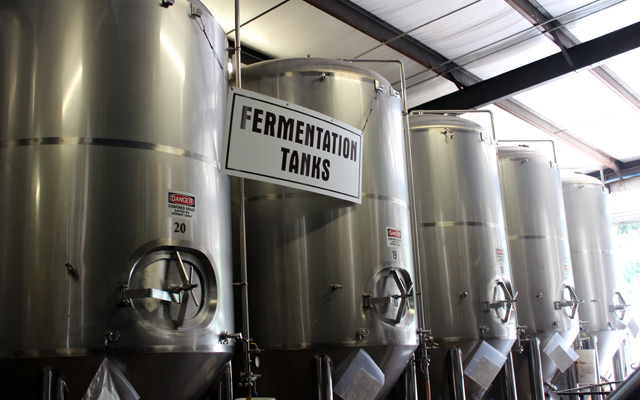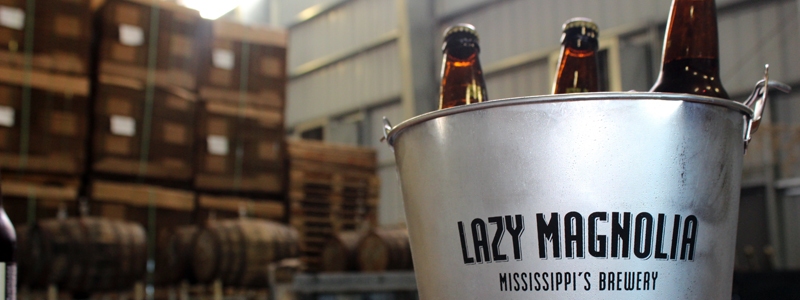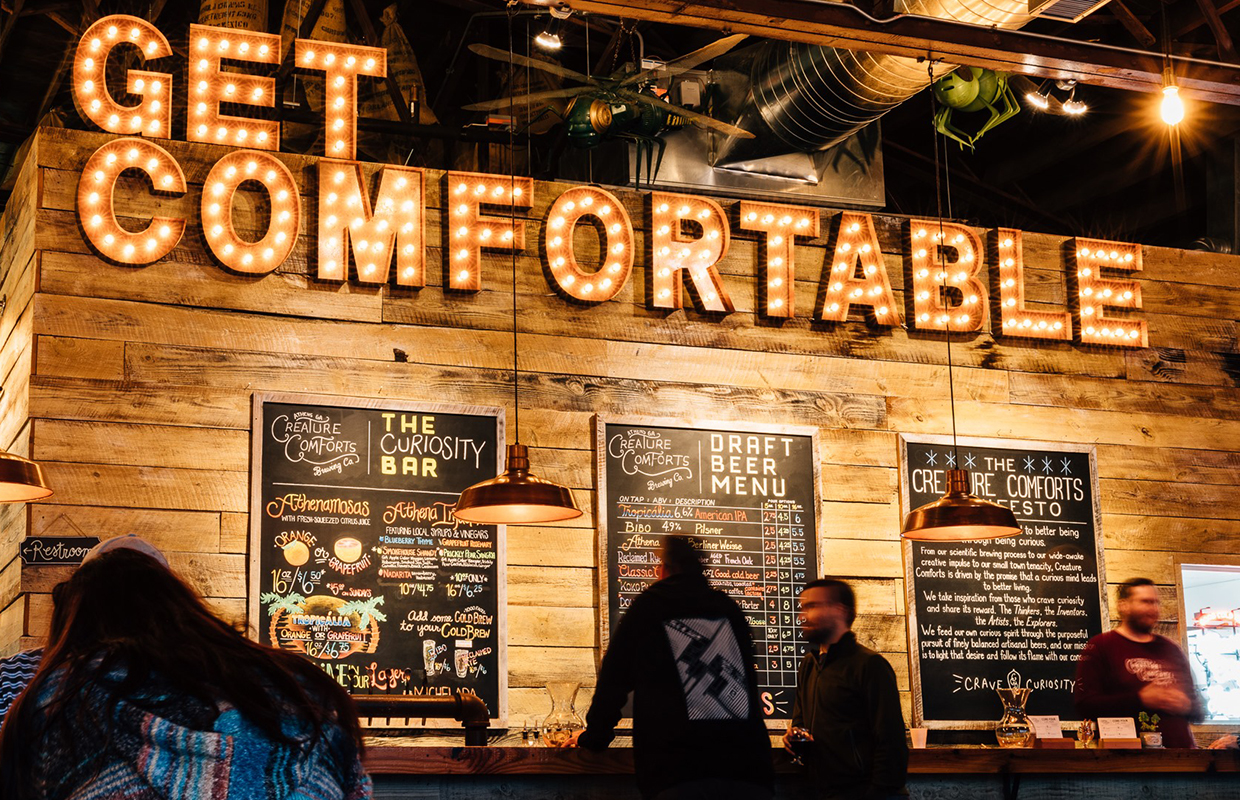
Keeping tanks full of beer and making a profit is on the mind of many craft beer owners. That’s where leveraging that extra space that a brewery may not be able to produce into monetary gains where contract brewing can come into play.
It can also be a way to help encourage and grow local beer producers in an area, much like it did for Kiln, Mississippi’s Lazy Magnolia Brewing.
“Our goal has always been to expand craft beer culture throughout the South, especially in Mississippi,” said Lazy Magnolia co-owner Leslie Henderson. “I love that Lazy Magnolia beer is a part of that, but one brewery is not a community. The fastest way to increase our numbers was to literally foster new breweries. We understand the amazing value that a community of brewers brings to the area. Far from considering them competition, we see other Southern breweries as our allies. Without this network there is no chance of improving conditions for our industry in the Southeast.”
Lazy Magnolia has helped foster those relationships since 2008, using its riches of a good number of engineers on staff and a big investment in equipment into dedicating resources into designing, analyzing and improve processes not just for its own company, but others that wanted to join in as well with their own brands as contract brewing partners.
The excess revenue made in contract brewing helped in the growth of Lazy Magnolia as well. And though the money is nice, improving upon relations with other brewers and helping develop locality around not just Henderson’s immediate area, but all over the South in giving a locality to other brands is also vital. Seeing craft beer continue to grow in states where disposable income in low population density areas are not very high can be a factor.
“Contract brewing has helped to mitigate some of these challenges while providing the capital to invest in good equipment,” Henderson said. “Through the magic of contract brewing, a beer made in Kiln can be considered “local” in North Carolina, Louisiana, Georgia or Tennessee — because the owner and creator of that brand is in that state. We get to borrow their “local.”







Be the first to comment